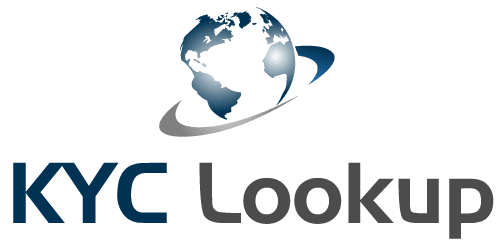11 Dec Trade Based Money Laundering Explained – How to detect it
Trade-Based Money Laundering (TBML) is one of the most complex and widely used methods by criminals to disguise illicit funds. By exploiting international trade channels, perpetrators can obscure the origins of illegal money through seemingly legitimate business transactions. Understanding how TBML operates is essential for businesses and financial institutions, especially as regulators worldwide intensify their scrutiny.
At KYC Lookup, a UK-based fully accredited AML training provider, we offer specialised courses to equip corporate clients with the knowledge to detect and prevent TBML, enhancing compliance and safeguarding business operations.
What is Trade-Based Money Laundering?
Trade-Based Money Laundering (TBML) involves manipulating trade transactions to legitimise proceeds of crime. It typically occurs when individuals or organisations falsify invoices, misrepresent the value of goods or services, or use other deceptive practices to move funds across borders without detection.
Unlike traditional money laundering methods, TBML utilises the complexities of international trade, making it challenging for authorities and financial institutions to detect.
Common Techniques of TBML
Understanding the strategies employed in TBML is crucial for identifying and mitigating risks. Some of the most common techniques include:
- Over-Invoicing – This occurs when the value of goods or services is overstated on an invoice, allowing the launderer to transfer excess funds disguised as legitimate payments.
- Under-Invoicing – Here, the value of goods or services is understated to evade taxes or to remit excess funds abroad.
- Multiple Invoicing – Criminals generate multiple invoices for the same goods or services to facilitate repeated payments, creating an illusion of legitimate trade activity.
- Over- or Under-Shipment – Falsifying the quantity or quality of goods shipped can serve as a cover for illicit financial flows.
- Phantom Shipping – This involves issuing invoices for goods or services that were never delivered, enabling the transfer of funds under the guise of trade.
The Impact of TBML on Global Economies
TBML poses significant threats to global economies and legitimate businesses. It undermines fair competition, distorts markets, and facilitates other crimes such as terrorism financing. Furthermore, it puts companies at risk of regulatory penalties, reputational damage, and loss of trust from stakeholders.
Governments and financial institutions must collaborate to combat TBML by enforcing stringent regulations, increasing transparency, and providing effective training for employees.
Regulatory Frameworks Combating TBML
Several international organisations have developed frameworks to combat TBML. These include:
- Financial Action Task Force (FATF) – The FATF provides comprehensive guidelines to identify and prevent TBML. Their recommendations emphasise risk assessment, due diligence, and the importance of cooperation between public and private sectors.
- Basel Committee on Banking Supervision – This committee offers practical measures for banks to identify suspicious trade transactions and improve compliance with anti-money laundering (AML) regulations.
- World Customs Organisation (WCO) – The WCO promotes initiatives like the SAFE Framework to ensure secure trade practices and minimise the risk of TBML.
Detecting TBML: Red Flags and Warning Signs
Detecting TBML requires vigilance and a deep understanding of trade patterns. Businesses should be alert to:
- Discrepancies between invoice values and market prices.
- Unusual shipping routes or inconsistencies in documentation.
- Transactions involving high-risk jurisdictions.
- Payments involving unrelated third parties.
- Sudden or unexplained changes in trading volumes.
Training employees to recognise these red flags is critical. At KYC Lookup, we provide targeted AML training programmes to help businesses identify and mitigate TBML risks effectively.
How KYC Lookup Can Help You Combat TBML
As a fully accredited AML training provider, KYC Lookup specialises in delivering comprehensive training tailored to corporate clients. Our courses include modules dedicated to understanding TBML, equipping employees with the tools needed to:
- Recognise suspicious trade transactions.
- Conduct enhanced due diligence on high-risk clients and jurisdictions.
- Implement robust AML policies and procedures.
- Ensure compliance with global regulatory standards.
Our expertise in AML compliance ensures that your team is well-prepared to face the challenges posed by TBML, reducing risks and safeguarding your organisation’s reputation.
Best Practices for Mitigating TBML Risks
To protect your business from TBML, adopt these best practices:
- Invest in Training – Ensure your employees are trained to understand and recognise TBML techniques. KYC Lookup offers online and in-person training sessions that cater to businesses of all sizes.
- Strengthen Internal Controls –Implement robust systems to monitor trade transactions, detect anomalies, and prevent fraudulent activities.
- Collaborate with Stakeholders – Engage with banks, regulators, and other trade partners to share information and best practices.
- Leverage Technology – Use advanced software solutions like trade monitoring systems and AI-driven analytics to identify suspicious patterns.
- Conduct Regular Audits – Frequent audits and reviews of trade operations can help identify gaps and ensure compliance with AML regulations.
The Role of Technology in Combating TBML
Technological advancements have become invaluable in the fight against TBML. Tools such as blockchain, artificial intelligence, and big data analytics allow businesses to:
- Track and verify trade documentation.
- Identify inconsistencies in trade data.
- Automate compliance processes to reduce human error.
However, technology alone is not enough; it must be combined with skilled personnel who can interpret and act on the insights provided. KYC Lookup’s AML training courses ensure your team is equipped to maximise the potential of these technologies.
Why Choose KYC Lookup for Your AML Training Needs?
KYC Lookup is a trusted name in AML compliance training. With a focus on corporate clients, we offer:
- Fully accredited courses tailored to your industry.
- Expert trainers with hands-on experience in combating money laundering.
- Flexible learning options, including online and in-person training.
- A commitment to helping your business stay ahead of evolving AML threats.
Whether you’re dealing with TBML or other forms of money laundering, our training programmes provide the knowledge and tools your team needs to stay compliant and protect your business.
In conclusion, Trade-Based Money Laundering is a sophisticated method used by criminals to disguise illicit funds. Understanding the intricacies of TBML and implementing robust measures to combat it is essential for businesses involved in international trade.
Partnering with KYC Lookup, a UK-based fully accredited AML training provider, ensures that your team is equipped to identify, mitigate, and prevent TBML risks. Contact us today to learn more about our AML training programmes and safeguard your organisation from financial crime.



No Comments